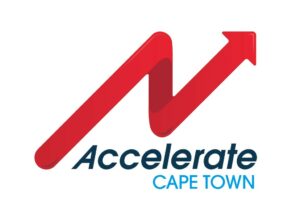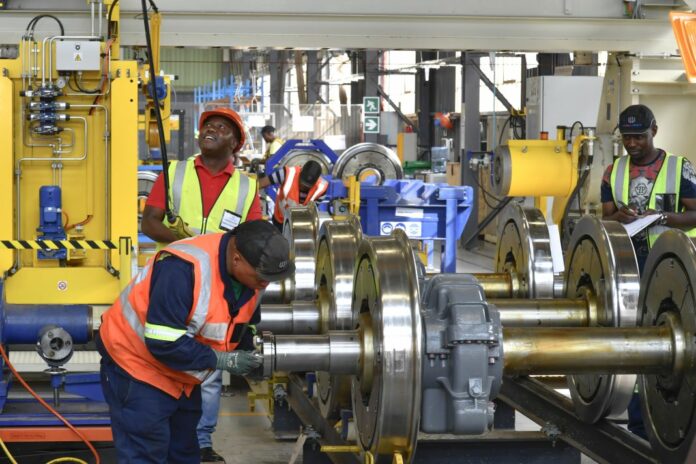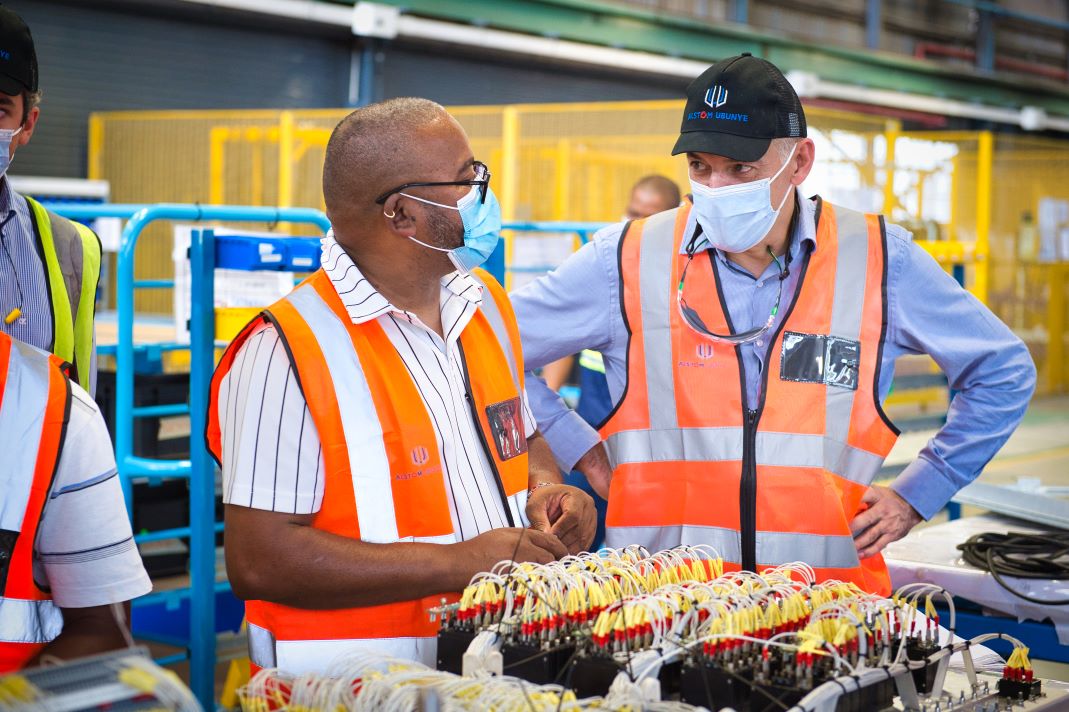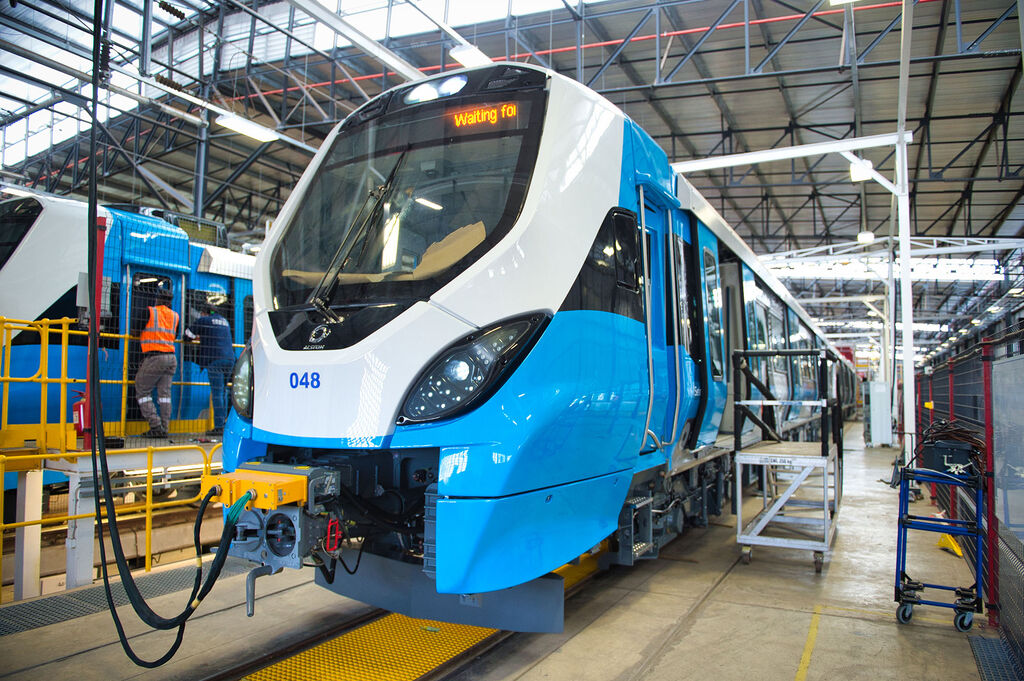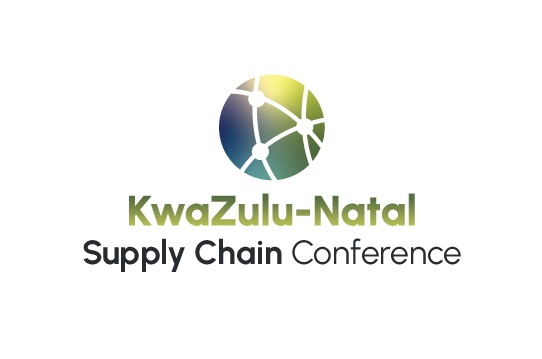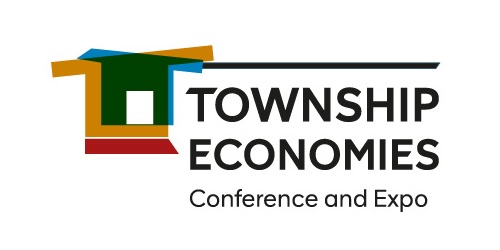Pretoria, June 2024: 2023 was a challenging year for South Africans, marked by a record-breaking 332 days of load shedding, highlighting a severe escalation in the country’s power supply crisis—an alarming 61% increase from 2022.¹
The figures reflect deep-rooted issues within Eskom, the state-owned power utility and highlight the urgent need for innovative solutions to the country’s ongoing energy crisis. The inaugural Tshwane Energy Summit 2024, from 19 – 20 June, is poised to address these critical challenges head-on as key stakeholders from the energy sector meet to problem-solve solutions.
“It’s essential we continue to plan for an energy-secure future, building capacity independent of Eskom. I look forward to hearing from industry leaders on how we can achieve that goal at the Tshwane Energy Summit. We cannot simply hope that the lights will stay on after elections,” commented Councillor Cilliers Brink, Executive Mayor of the City of Tshwane ahead of the Tshwane Energy Summit 2024 that takes place from 19 – 20 June.
“A reliable supply of energy is an essential precondition for sustained economic growth and development, and the country’s energy crisis and load shedding we currently experience puts a cap of 2% on national GDP growth.”
The inaugural Tshwane Energy Summit promises to bring together some of the top minds in the South African energy and business sectors, energy industry leaders and policymakers, among other participants – with a shared mission to make Tshwane’s commitment to becoming a net-zero carbon and climate-resilient city by 2050 – a reality.
The stage is set for an impressive line-up of speakers, all prominent industry players who will interactively drive the dialogue around best practice and solicit feedback from stakeholders.
Setting the scene, Vuyo Zitumane, Chief Operations Officer from the City of Tshwane, will discuss the state of energy and the energy action plan including energy generation, the recommissioning of Rooiwal and Pretoria West Power Stations as well as the ambitious goal to secure 1,000MW of energy independent of Eskom by 2026.
Sello Mphaga, Divisional Head: City Sustainability Unit (CSU) and chair of Tshwane Energy Task Team joins Brian Day, chairperson of the South African Independent Power Producers Association (SAIPPA), and others (Patrick Ngoepe, Deputy Director of General Urban Planning; Nhlanhla Ngidi, Head of Electricity and Energy at South African Local Government Association (SALGA) and Silus Zimu, special advisor to the Ministry of Electricity) to provide insights into South Africa’s municipal energy framework, embedded generation trends, off-grid opportunities as well as the impact of revenue on local government and building a win-win model.
Ngidi, in his SALGA position, currently plays a pivotal role in the industry advocating for policy reforms enabling the municipalities to embrace the current energy transition and to achieve smart and sustainable energy business models.
Mohan Vivekanandan, Group Executive: Client Coverage for the Development Bank of Southern Africa will join Andre Pienaar, founder and chairperson of C5 Capital and Tshepo Mahloele, founding CEO of Harith General Partners to lead discussions about the role of Developmental Financial Institutions in Municipal Infrastructure Development.
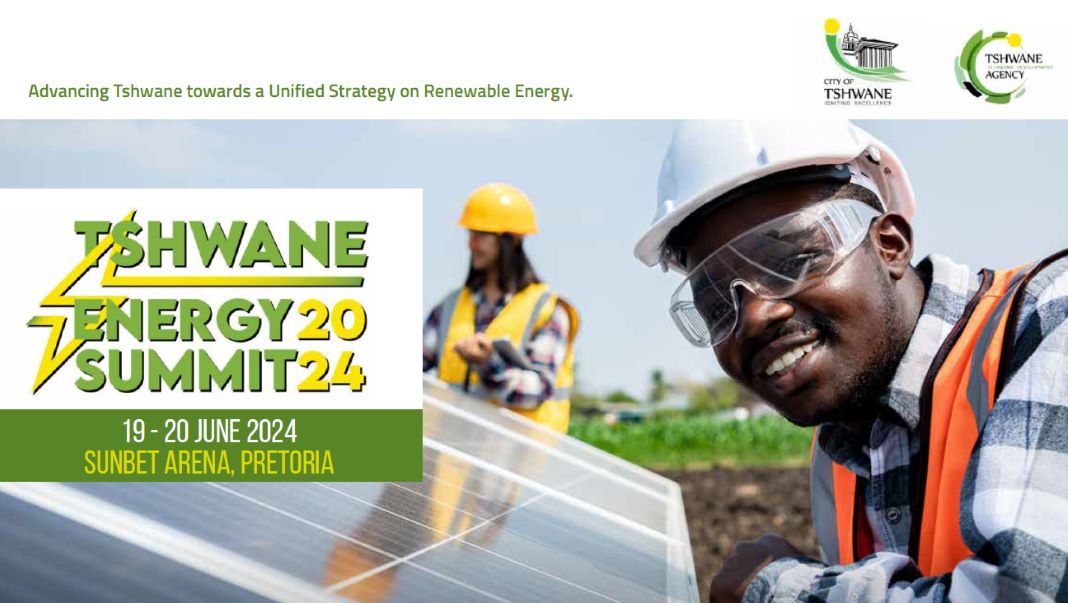
Despite policy developments on electrification, South Africa still faces significant challenges around energy poverty. Included in the lineup is Sello Mphaga, Divisional Head of City Sustainability and Chair of the Energy Task Team at the City of Tshwane, who’ll lead a session to deliberate on initiatives falling under Tshwane’s Energy Response Plan and Climate Change Plan to accelerate urban development, with a focus on building sustainable cities and reducing and assessing greenhouse gas emissions.
“Where there are good conversations, there is potential for progress; and this is crucial in developing an action plan for the implementation of agreed sustainable energy solutions for the City of Tshwane and beyond,” comments Paseka Rakosa, Senior Manager: Marketing, Communications and Stakeholder Engagement at the Tshwane Economic Development Agency (TEDA).
The Dutch energy sector creates smart solutions for a sustainable future, working alongside a mix of businesses and world-class knowledge institutes and is recognised as one of the top countries for research and development. Theo Cilliers, chief executive of Renewable Energy Storage and Hydrogen (RESH2) Solutions, a highly innovative Dutch renewable energy company specialising in designing, modelling, evaluating, developing, and implementing renewable energy solutions across the globe, will share how the Netherlands have successfully developed solutions to move off grid and utilise refurbished power stations in a bid to alleviate power challenges.
RESH2 focuses on collaborative renewable energy projects between the Netherlands and several other countries. Cilliers will share key learnings from their latest impact project – Koegas Green Hydrogen in the Northern Cape – to explain how their innovative and highly disruptive quantitative evaluation engine supplies their clients with the forecasted amount of energy on demand.
The summit will also create a platform for dialogue and discussion, fostering collaboration to optimise the grid and ensure reliable energy supply. Plenaries will investigate current partnerships that national, provincial and local governments have in place, and discusses the countries that have climate initiatives to guide South Africa to net zero by 2050; as well as insights into international and local trends in the energy sector, and what could work for the City of Tshwane to accelerate the technology innovation within the energy sector.
“We encourage key sectors of the economy to join and learn more about the various technologies and alternative energy supply solutions available to drive economic growth and sustainability of their businesses,” adds Rakosa.
The summit will culminate with delegates attending breakaway sessions, discussing enabling renewable energy procurement from IPPs for all municipalities and encouraging the private sector to work with the City’s procurement processes with the move to alternative energy sources.
For more information about the summit, please visit TEDA’s website: https://teda.org.za/tes2024/
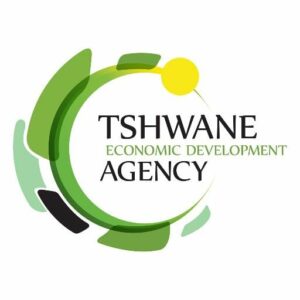
¹ https://www.iol.co.za/news/south-africa/the-year-we-were-plunged-into-darkness-a-record-332-days-of-load-shedding-in-2023-and-counting-63eafd30-87c8-4f13-acd0-60071e509239
 This year, the country commemorates Youth Day as part of its 30 years of democracy under the theme: “Actively embracing the socioeconomic gains of our democracy.”
This year, the country commemorates Youth Day as part of its 30 years of democracy under the theme: “Actively embracing the socioeconomic gains of our democracy.”




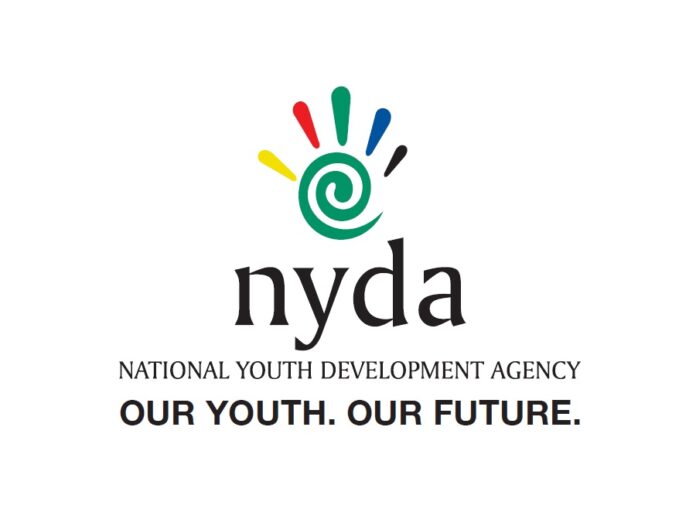
 The NYDA conducted a successful recruitment roadshow for the second cohort of the NYS program, targeting underserved communities across several provinces. This initiative enhanced the program’s visibility and engagement.
The NYDA conducted a successful recruitment roadshow for the second cohort of the NYS program, targeting underserved communities across several provinces. This initiative enhanced the program’s visibility and engagement.  BRICS Youth
BRICS Youth 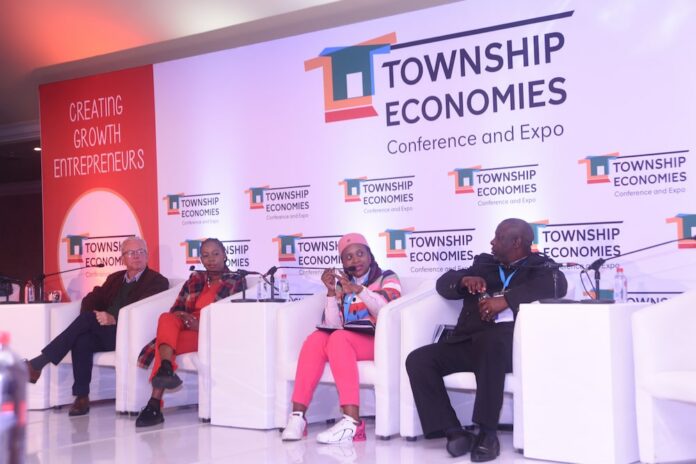

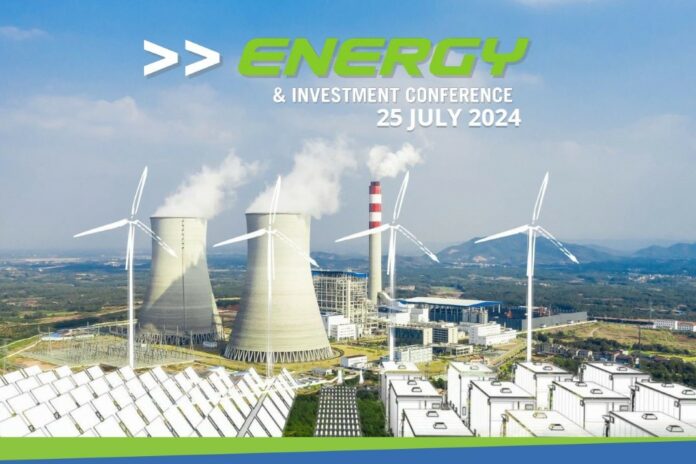
 Governments, NGOs and researchers sometimes disregard the Highveld economy. Insufficient information prevents accurate scrutiny of national and international activities whereas with the correct information, it soon becomes clear that there are rich potential investment opportunities. The Steve Tshwete Local Municipality in Middelburg is home to three Eskom power stations and over 150 mines within a 100 km radius.
Governments, NGOs and researchers sometimes disregard the Highveld economy. Insufficient information prevents accurate scrutiny of national and international activities whereas with the correct information, it soon becomes clear that there are rich potential investment opportunities. The Steve Tshwete Local Municipality in Middelburg is home to three Eskom power stations and over 150 mines within a 100 km radius.












